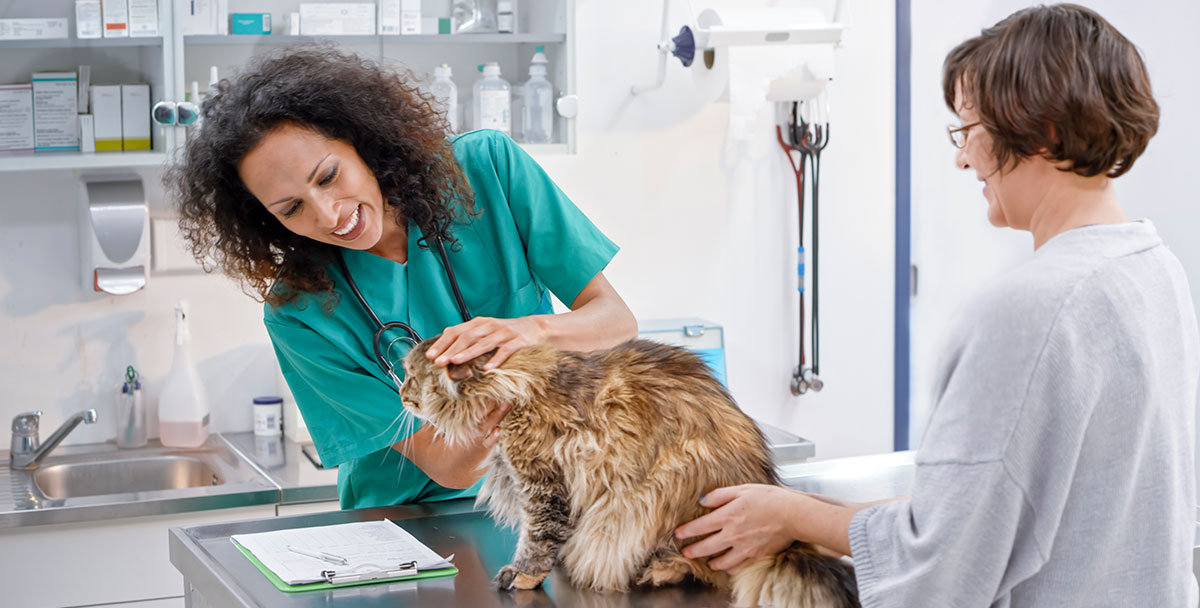
SAVE AN EXTRA $5 - $20 OFFUse code PETS in cart (Exclusions apply)

Save 40% with first AutoShipUse code NEW40 (Up to $40 max. Exclusions apply)

While efforts are made to answer all questions as quickly as possible, if an immediate answer is required or if your pet is in need of urgent or emergency care, contact your pet's veterinarian immediately.

You will receive an answer from Dr. Lindsay and our vet/tech team as soon as possible, usually the same day.
All answers are provided for informational or educational purposes only, and are intended to be a supplement to, and not a substitute for, the expertise and professional judgment of your pet's veterinarian.
It may be necessary to consult your pet's veterinarian regarding the applicability of any opinions or recommendations with respect to your pet's symptoms or medical condition.
Close
An error has occurred, please reload the page and try again.
Close
While efforts are made to answer all questions as quickly as possible, if an immediate answer is required or if your pet is in need of urgent or emergency care, contact your pet's veterinarian immediately.
There is no answer related to your question

Infection in your cat's body can be caused by several types of microorganisms. These include bacterium, viruses, fungi, and protozoa. Your veterinarian will determine the kind of antibiotic medication used to treat your cat after diagnosing the infection and understanding which type of organism is the culprit.
The antibiotic used to treat your cat will depend on how the medication works in your cat's body. Your veterinarian will also discuss potential side effects you should look out for. If you accidentally skip a dose of antibiotics, give the missed dose as soon as you remember unless it is almost time for the next regularly scheduled dose. Do not give your cat two doses unless otherwise directed by your veterinarian.
Bacterial infections
Bacterium can attack your cat's body through open wounds, in something your cat ingests, or just by being present in your cat's environment. They come in different shapes and sizes, and the physical characteristics will help your veterinarian determine which bacteria are infecting your cat. These microscopic, one-celled organisms cause gastroenteritis, pneumonia, skin infections, urinary tract problems, and many other diseases. If not treated immediately with antibiotics, the bacterium can multiply.
How do antibacterials work?
The goal of anti-bacterial antibiotics is to destroy the bad cells in your cat without damaging the healthy cells. Depending on the medication, an antibiotic may prevent the bacterium from building cell walls, thereby inhibiting reproduction. An antibiotic can also starve the bacterium by preventing it from transforming glucose into energy, which is a major function of all living cells.
Viral Infections
Viruses are responsible for feline herpes and the feline calici virus, as well as several other diseases that can sicken your cat. These parasites are so small they are estimated to be one-hundredth the size of the average bacterium and can multiply only inside the living cells of other organisms.
How do anti-virals work?
Anti-viral drugs cannot kill the virus, but they work by stopping the virus from growing and reproducing, thereby letting the virus die on its own. There are no commonly used anti-viral drugs in veterinary medicine, but most veterinarians opt to treat all of the potential secondary bacterial infections that can occur in order to decrease your cat's discomfort while the virus leaves the system.
Fungal infections
Fungi are microscopic organisms related to yeasts, molds, and mushrooms. They live by ingesting the building materials of your cat's cells, destroying growth tissue, and feeding on the waste materials of dying cells. If your cat has ringworm, skin, or ear yeast infections, or the more serious and deadly blastomycosis, then a fungus is to blame.
How do anti-fungals work?
The majority of anti-fungal antibiotics for cats work to destroy the fungi's cell walls, which causes the parasite to die and the surrounding tissue to rejuvenate.
Protozoal infections
Protozoa are micro-organisms that feed on the nutrients in your cat's body through the food produced by your cat's digestive system. Protozoa are covered in hair-like structures called "cilia," and constantly move around your cat's cellular structures to reproduce by feasting on as many nutrients as possible. These parasites cause major gastrointestinal tract disorders like Coccidiosis and Giardiasis, and the blood disease Haemobartonellosis, which can be fatal.
How do anti-protozoals work?
Some anti-protozoal antibiotics for cats work to kill the microorganisms in your cat's body by damaging its DNA, and by inhibiting cell growth and reproduction so that the infection goes away as the protozoa die off. Other cat antibiotics kill the protozoa directly.
Some antibiotics can be compounded to make them easier to give to your cat.
 Swipe
Swipe